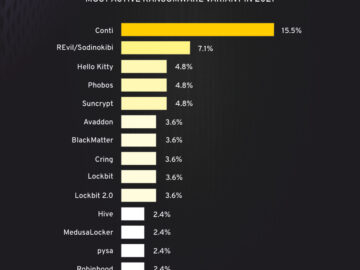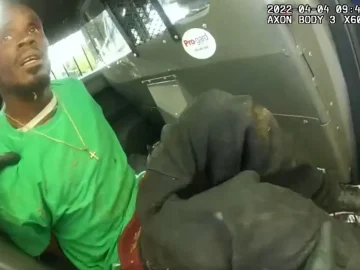Parliamentary Panel on Home Affairs Raises Concerns Over Cryptocurrency, Darknet Use for Drug Trafficking

The Parliamentary Committee on Home Affairs has recommended setting up a cyber-wing under the Narcotics Control Bureau with Intelligence Fusion Centre for effective detection and investigation of drug smuggling through cryptocurrencies and darknet.
Even as Parliament awaits the introduction of the bill to regulate cryptocurrencies in the ongoing Winter Session, the Parliamentary Committee on Home Affairs has raised concerns over the use of the digital currencies and darknet for drug sale and purchase.
Darknet markets are e-commerce sites designed to lie beyond the reach of regular search engines. They are popular for illicit transaction and trade, as buyers and sellers are largely untraceable.
In a report tabled on Friday, the Committee headed by MP Anand Sharma made recommendations to the Ministry of Home Affairs to set up a cyber-wing under the Narcotics Control Bureau with Intelligence Fusion Centre for effective detection and investigation of drug smuggling through cryptocurrencies and darknet.
“The Committee notes the steps taken by the Narcotics Control Bureau (NCB) at national as well as international front to contain drug trafficking in the country. The Committee expresses its concern about the increasing use of cryptocurrencies and “darknet” for drug trafficking. Further, RELATED NEWS
technology is being leveraged by drug traffickers to maintain anonymity, making it difficult to track the movement of drugs,” the parliamentary committee said.
“The Committee recommends that the MHA may advise the NCB to establish a cyber-wing with Intelligence Fusion Centre for effective detection and investigation of drug trafficking cases involving cryptocurrencies and darknet at the earliest. The Committee may be apprised about the progress made in this regard,” the report added.
In its reply, the Ministry of Home Affairs briefed the Committee on action taken by the government in this regard. “It is submitted that a proposal for restructuring and expansion of NCB, including setting up of a dedicated cyber-wing, is under consideration of the Ministry of Home Affairs in consultation with Ministry of Finance (Department of Expenditure),” the reply said.
The Cryptocurrency and Regulation of Official Digital Currency Bill, 2021 has been listed for passage in the ongoing Winter Session of Parliament.
As per the details available on Lok Sabha website, the bill seeks to “create a facilitative framework for the creation of the official digital currency to be issued by the Reserve Bank of India.” It also seeks to prohibit all private cryptocurrencies in India, however, it “allows for certain exceptions to promote the underlying technology of cryptocurrency and its uses”.
Currently, there is no regulation or any ban on the use of cryptocurrencies in the country.
Private digital currencies and cryptocurrencies have gained popularity in the past decade or so. But regulators and governments across the world have been sceptical about these currencies and are apprehensive about the associated risks. Nations are also bringing agencies and laws up to speed to ensure cryptocurrencies are not used for criminal activity.
The United States had recently announced the formation of a National Cryptocurrency Enforcement Team (NCET). “This team will tackle complex investigations and prosecutions of criminal misuses of cryptocurrency, particularly crimes committed by virtual currency exchanges, mixing and tumbling services, and money laundering infrastructure actors,” the US government said.
Interpol, too, has flagged increased use of technologies that lend anonymity to such operations, leaving them liable to be misused by criminal organisations.




















